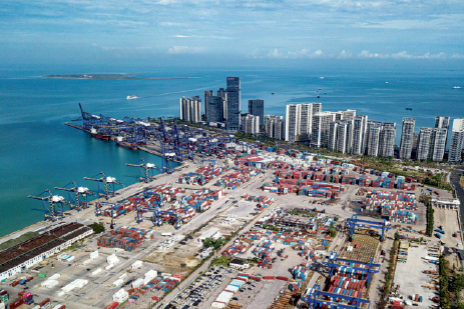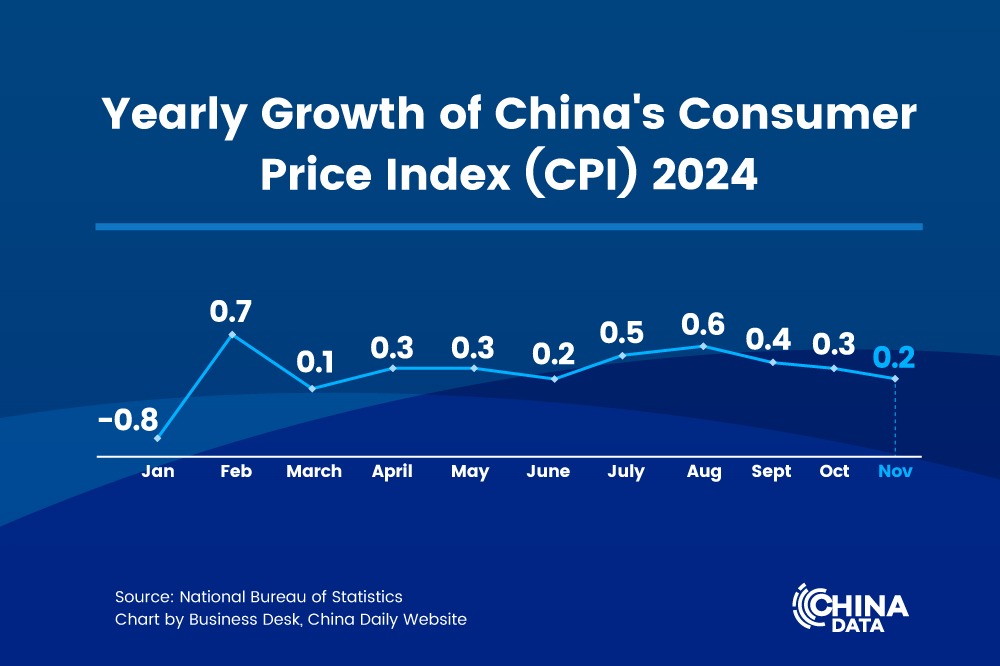Jinbei, Farizon to launch methanol-hydrogen vehicles


Jinbei and Geely's Farizon are to launch methanol-hydrogen vehicles in 2025, as the two join hands to explore the new energy commercial vehicle market in colder regions.
The companies announced the plan as two electric models, which are the first results of their cooperation, rolled off Jinbei's assembly line last week in Shenyang, Liaoning province.
Geely Holding Group Chairman Li Shufu emphasized that the collaboration between Jinbei and Farizon is a testament to strategic innovation.
"Together, we aim to create a green methanol ecosystem and empower Liaoning with a new productive force," he said.
With two decades of methanol research and development, Geely has already deployed nearly 40,000 methanol-powered vehicles worldwide, accumulating over 20 billion kilometers of operational data.
Meanwhile, with Shenyang's first methanol refueling station already operational and over 40 more stations planned by 2026, the groundwork for a comprehensive methanol-hydrogen ecosystem is being laid.
Their plan to launch methanol-hydrogen vehicles is based on the fact that in northern China, freezing winter temperatures significantly reduce battery efficiency and limit the range of electric vehicles.
Cold weather has hindered the adoption of new energy commercial vehicles, with the penetration rate in Northeast China at only 1.8 percent in 2023, far below the national average.
Methanol, recognized globally as a clean and renewable energy source, offers a solution.
As a liquid under normal conditions, it is easier to store and transport than hydrogen. Methanol also acts as a stable intermediary, converting intermittent wind and solar power into usable energy.
Ye Shengji, chief engineer of the China Association of Automobile Manufacturers, said pure electric technology alone cannot fully meet the demands of commercial vehicle electrification and green transformation.
"Exploring hybrid systems, including methanol-hydrogen electric vehicles, alongside supportive policies, is vital," said Ye, adding that for the foreseeable future, multiple technological pathways — pure electric, hybrid, and others — will coexist.
Methanol's potential extends beyond vehicles. It is poised to anchor a robust industrial chain across Liaoning province, integrating energy, manufacturing, and logistics.
Zhao Kai, China representative for the Methanol Institute, said that by 2030, China could produce half of the world's renewable methanol, with the northeastern region at the forefront.
- New energy revitalizes China's coal-mining subsidence areas
- Renault puts brakes on gasoline passenger cars in world's largest auto market
- Renault Brilliance Jinbei races to make world's first e-LCV
- Shanxi, Jiangsu to establish energy cooperation
- Renault, Brilliance China Automotive agree new venture



































